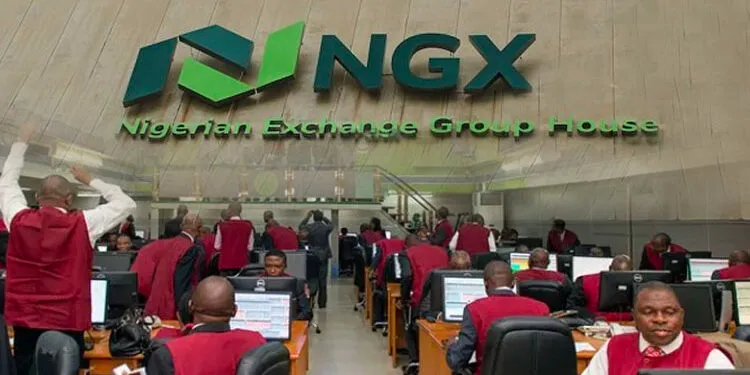The Minister of Foreign Affairs, Yusuf Tuggar, has said that Nigeria’s debt-to-GDP ratio suggests the country is not one of the most heavily indebted developing nations.
Tuggar disclosed this during an interview with Channels TV on Sunday.
Tuggar discussed the outcomes of Nigeria’s participation in the 79th session of the United Nations General Assembly (UNGA 79), highlighting key engagements and initiatives aimed at addressing global challenges.
He emphasized that Nigeria’s debt profile is not precarious, suggesting that the country can manage its debt effectively.
The minister also pointed out that nations like China are willing to extend additional loans for infrastructure development and other projects, indicating confidence in Nigeria’s economic potential and stability.
“When it comes to the issue of debt. Look at the debt to GDP ratio of Nigeria, we are not even among the critically indebted nations.
“When we talk about debt of a developing country, Nigeria is not in that sort of precarious situation. As a matter of fact, China is prepared to lend more. China is prepared to invest more in Nigeria in terms of infrastructure, development and other things,” Tuggar said.
Regarding debt forgiveness at UNGA 79, the Minister stated that Nigeria is not seeking forgiveness solely for itself but is advocating for broader relief on behalf of the Global South.
He emphasized Nigeria’s role as a leader among developing nations, highlighting the need for collective support to address the debt challenges faced by many countries in similar situations.
“What you’re failing to take into consideration is when talk about debt forgiveness, we are not necessarily referring to ourselves.
“Nigeria is considered a leading nation, not just on the African continent, but in the global south. When we speak, we speak on behalf of Africa, we speak on behalf of developing nations, we speak on behalf the global south. And we speak as the largest black nation on earth,” Tuggar added.
Tuggar noted that Nigeria could have the highest GDP in Africa if the informal sector were accurately captured in GDP measurements.
He mentioned that the National Bureau of Statistics is working to rebase the GDP to include this sector, which significantly contributes to the country’s economic activities.
Tuggar explained that while criticisms of Nigeria’s performance are valuable, it is crucial that they do not lead to excessive self-blame.
He emphasized the importance of constructive feedback that can foster improvement without undermining national confidence and pride.
“Nigeria is the largest economy by GDP in Africa. The National Bureau of Statistics (NBS) is in the process of rebasing our economy. Look at the side of our informal sector that is not been included in the measure of GDP. While we are discussing facts, let’s put aside the self-flagellation.
“We don’t have to keep pushing ourselves down when the world looks at us differently. I’m not saying we should not have constructive criticism,” Tuggar said.
It was previously reported that Nigeria’s debt-to-GDP ratio has surpassed 50% for the first time, following the latest public debt figures from the Debt Management Office.
According to the DMO, Nigeria’s total public debt now stands at N121 trillion, which includes N65.6 trillion in domestic debt and $42.1 billion in foreign debt, approximately N56 trillion when converted to Naira.











